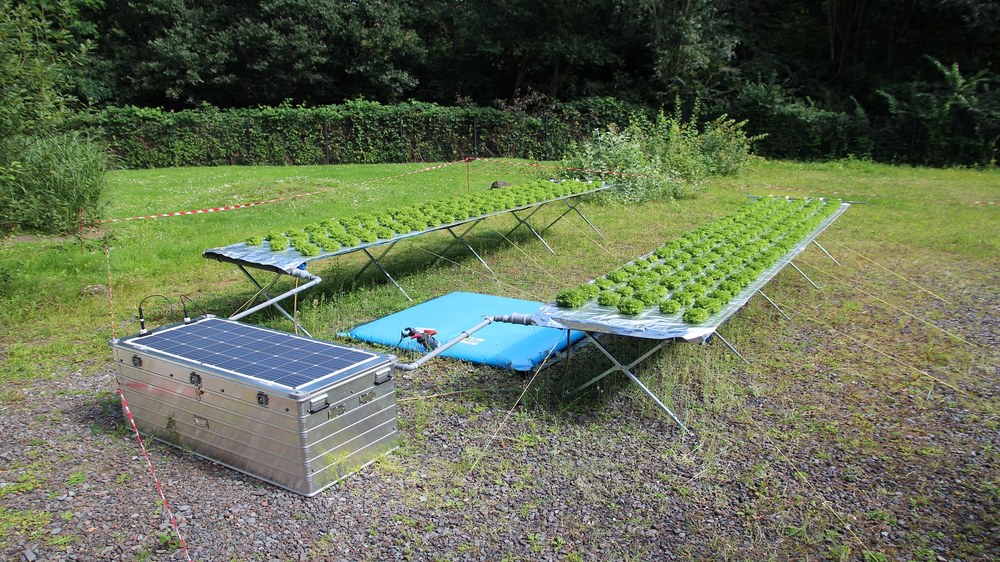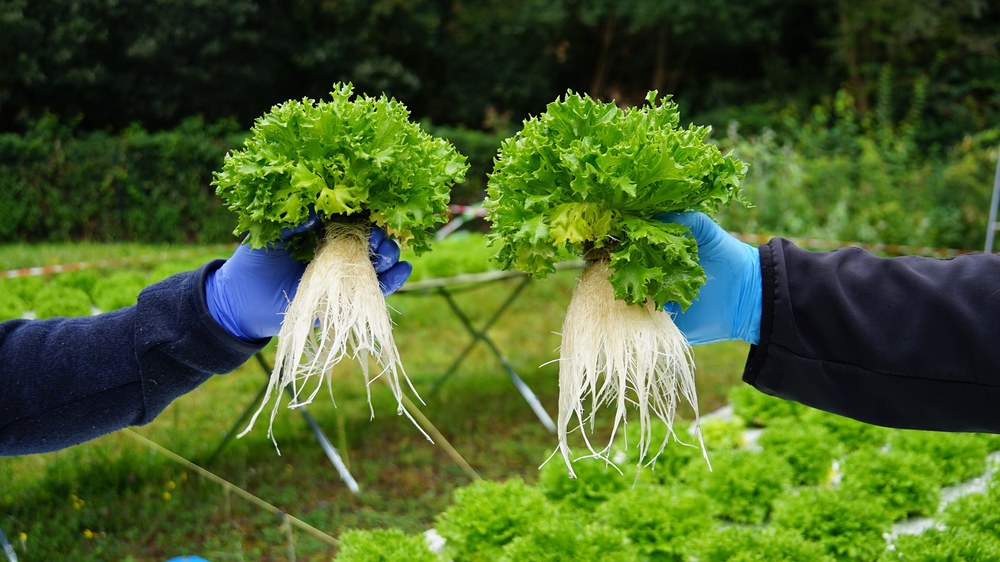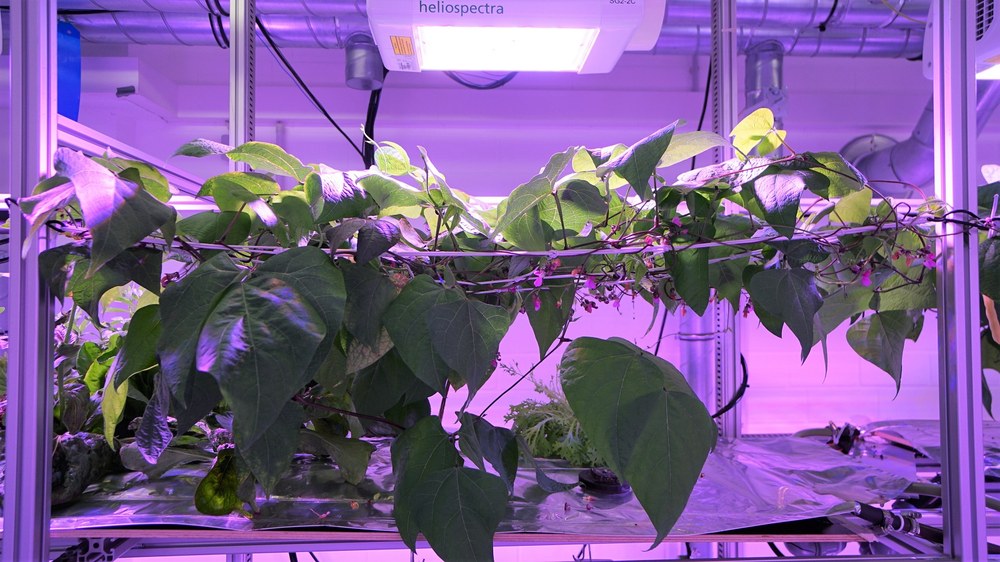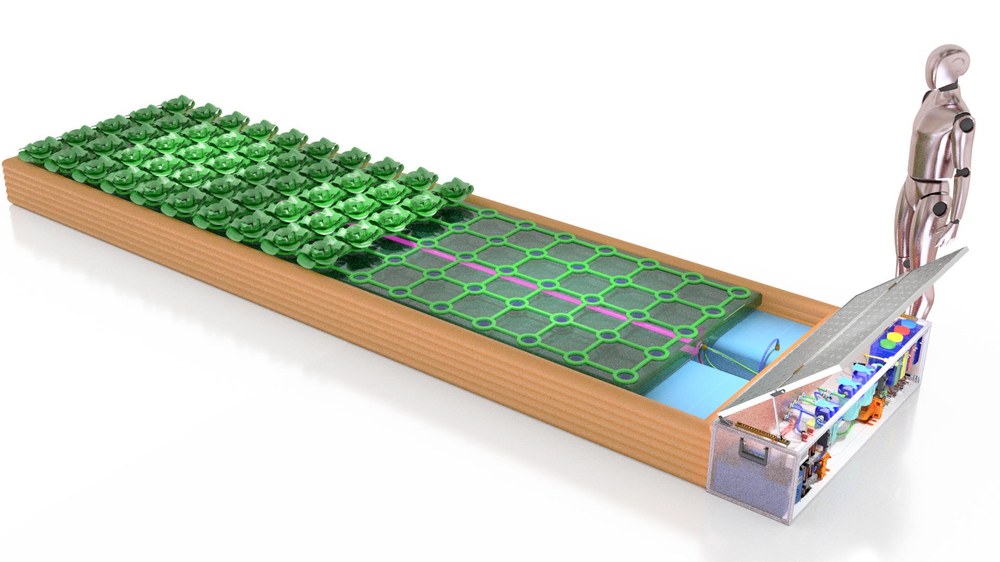MEPA



MEPA - Mobile Emergency Plant-growing Application
Natural disasters, political unrest and the dangers of climate change threaten the nutrition of millions of people. The availability of fresh agricultural produce containing essential vitamins and minerals is severely limited as a result of these disasters.
The mobile deployable plant cultivation unit (MEPA) offers a system that can be used at short notice to provide food in humanitarian emergency situations around the world. This applies in particular to regions where traditional agriculture is only (still) possible to a limited extent or where active food aid needs to be provided.
Based on plant cultivation technologies developed for future space travel, this soilless system offers a semi-autonomous and rapidly deployable option for supporting the local food supply. Based on the 'Plug & Grow' principle, the cultivation of fresh food can begin immediately after installation, allowing endangered rural regions, whether deserts, disaster areas or even roofs in urban agglomerations, to be transformed directly into self-sustaining food gardens.

Contact
Prof. Dr. Oliver Romberg
